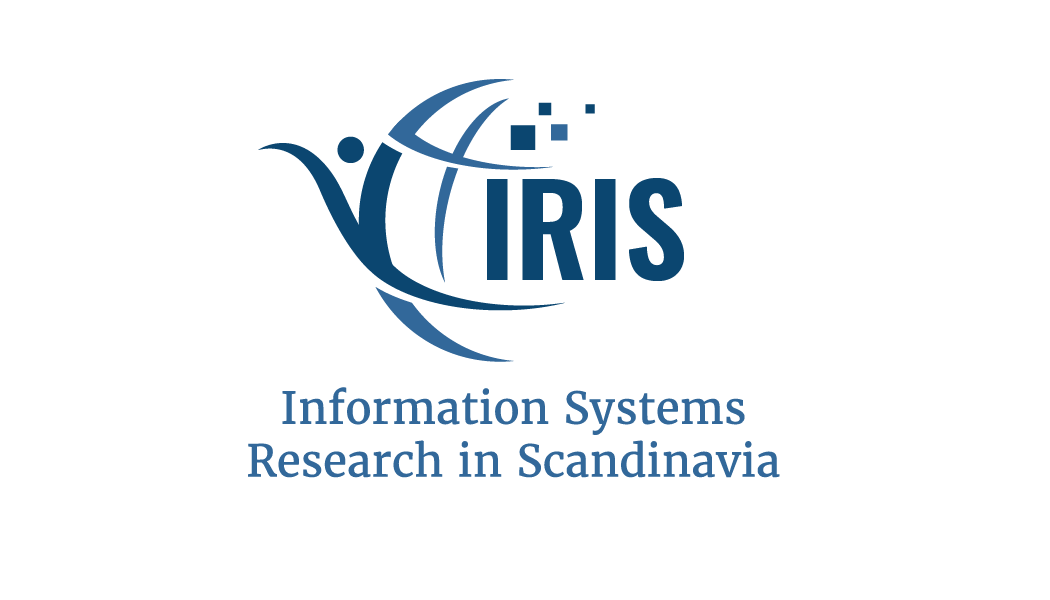Selected Papers of the IRIS, Issue Nr 14 (2023)
Abstract
Human-technology collaboration is currently receiving a surge of attention in Information Systems (IS) due to attempts to introduce Artificial Intelligence (AI) in private and public organizations. In Scandinavia, governments are introducing AI-infused services to support decision-making and enhance efficiency in case processing within healthcare, education, and welfare. However, there is a need to shed more light on the conditions that precede AI implementation and the path that leads organizations to envision AI as a solution to a problem. We ask: How do humans and technology cooperate in the public sector? How is AI visioned to be part of this in the future? We report from an ongoing qualitative case study of work practices to assess sick leave cases at a Scandinavian welfare agency in which AI gradually emerged as a means to achieve more efficient resource distribution at the agency. Inspired by the concept of delegation drawn from Actor-Network Theory, we trace the distribution of work across technical and human agents in the sick leave department and illustrate how the agency is starting to envision a way to delegate tasks to AI-based tools in the future.
Recommended Citation
Grøder, Charlotte Husom and Parmiggiani, Elena, "Delegating Agency in the Public Sector: A Case Study on Current Human-Technology Practices and Visions for AI" (2023). Selected Papers of the IRIS, Issue Nr 14 (2023). 8.
https://aisel.aisnet.org/iris2023/8


